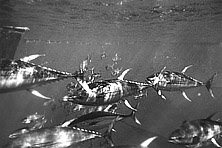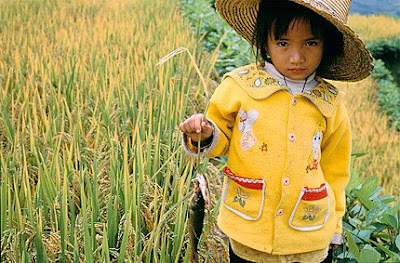Fire destroys landmark lobster business in Boston

By MARK PRATT – 2 hours ago BOSTON (AP) — Fire destroyed a landmark wholesale and retail seafood business on the waterfront early Friday, but there were no reports of injuries. It was not known why the fire broke out around 3:30 a.m. at James Hook & Co., which extends on pilings over the harbor. Several hours later, firefighters were still working to contain the blaze, which continued to burn, particularly in rooms full of corrugated cardboard boxes used for shipping seafood, Fire Department spokesman Steve MacDonald. They had to battle the blaze from outside the building after being ordered out amid fear it would collapse. A dive team was sent into the water as a precautionary measure in case a firefighter fell into the harbor, Fire Chief Kevin MacCurtain said. James Hook & Co. has been in business since 1925, when the Hook brothers started trucking their catch of lobsters from Maine and Canada to Boston's fish piers and selling them directly to the city's top re








